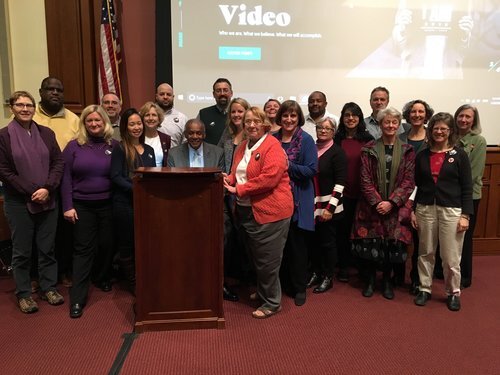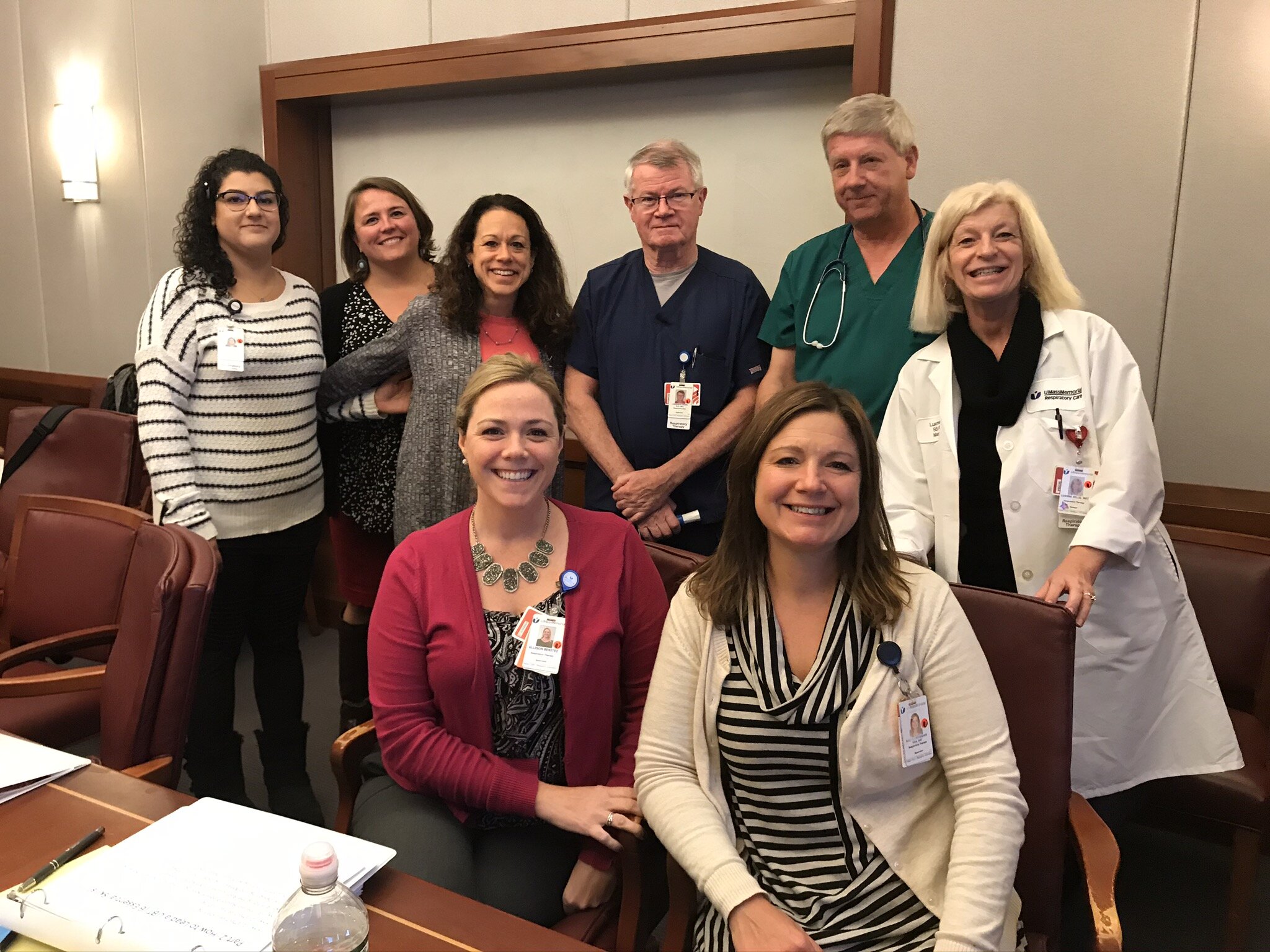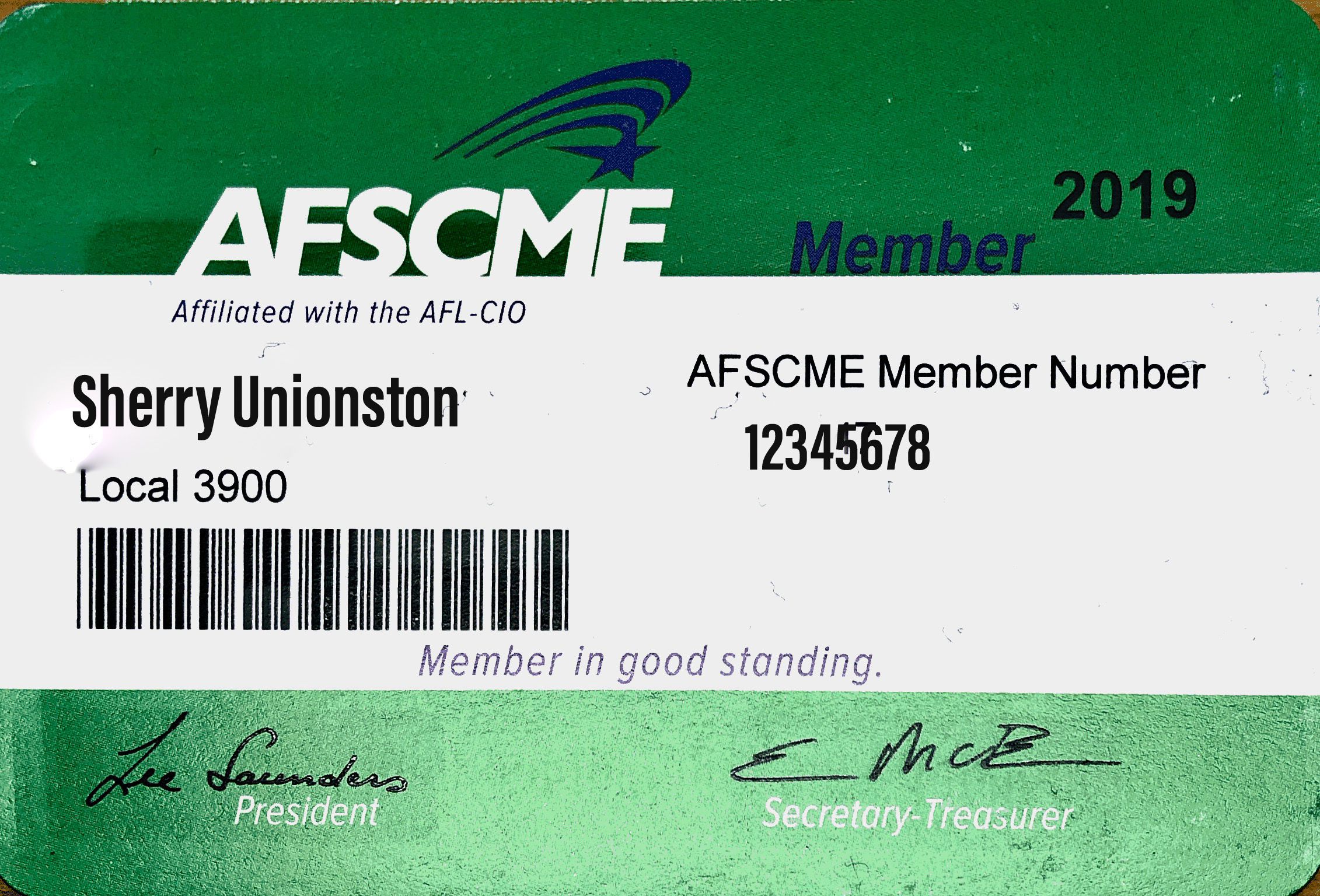Many SHARE members have already taken advantage of the Free College Benefit, offered by our parent union, AFSCME. It’s a popular perk of union membership. Since it began in 2016, the program has expanded the variety of courses and degrees that it offers. Below we’ve listed the latest.
In addition to the Free College program, which partners with Eastern Gateway University to provide opportunities for AA degrees at zero cost to union members, there’s another new option: Bachelors Degrees through Central State University that cost little to nothing.
The next semester start date is January 27, 2020. If you’ve already taken courses through the program, let your SHARE Reps know! We’d love to know about your experiences, and help other SHARE members make the most of this valuable benefit. (And congratulations, by the way: we know that going to school as a working grown-up can be an impressive challenge!)
Programs offered through Free College
Business Management Degree
Focus options include:
Advertising
Cyber Security
Data Science
Digital and Social Media
Entrepreneurship
Finance
Healthcare Management
Hospitality: Food and Beverage Management
Hospitality: Hotel and Event Management
Human Resources Management
Information Systems
Labor Studies
Marketing
Programming & Development
Associate of Arts
Criminal Justice
Teacher Education Degree (Associate of Arts)
Paralegal
Patient Home Navigator
Professional Office Management Degree














